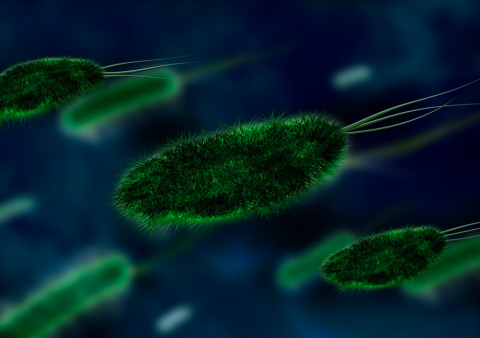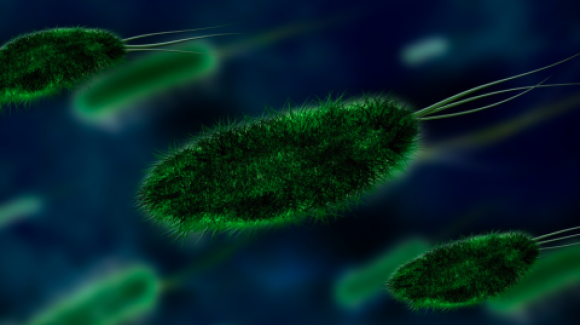
Séminaire
External seminar - David Bikard (Institut Pasteur)
Monday 6 November 2023Monday 6 November 2023
11h
Image

FRESK building (2 - 10 Rue d'Oradour-sur-Glane, 75015 Paris)
The next Monday FRESK seminar will be held by David Bikard from Institut Pasteur. This week, the theme is "Towards machine guided evolution: combining generative protein models with experimental methods and data"
Abstract: The integration of machine learning (ML) with synthetic biology approaches offers the potential to accelerate the design of novel proteins and organisms. I will discuss here the use of generative models, including Variational Autoencoders (VAEs) and Restricted Boltzmann Machine (RBM), for protein design. These models are able to propose functional variants of proteins that can be assessed in the laboratory. I will discuss work published by my group on the design of bacterial luciferase, as well as work in collaboration with the team of Rémi Monasson and Simona Cocco on the design of CRISPR-Cas9 variants. In this study we investigated how sequence-based models can be combined with physics-grounded modeling and experimental data to improve the protein design process. Finally, I will present a project that will explore how generative models can be combined with directed evolution setups in a process that can be termed "machine guided evolution". This project leverages a natural system called Diversity Generating Retro-elements (DGR). These elements were first identified in bacteriophages where they accelerate the evolution of the receptor binding domain. Their mechanism of action offers an exciting avenue to control the exploration of the protein sequence space in a manner guided by generative models.
Monday 6 November 2023




